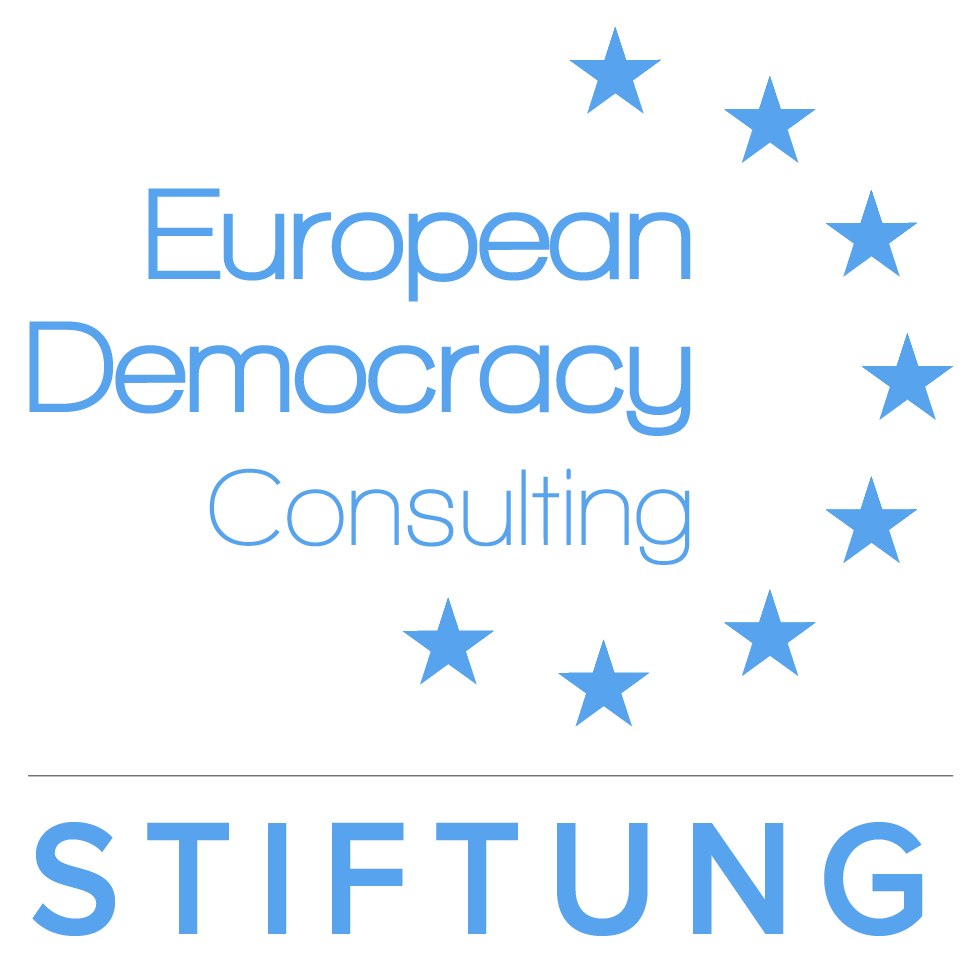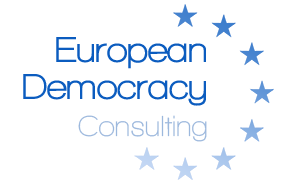How to tank your 28th regime
As the Commission hones its proposal for a 28th regime for European start-ups, it would do well to consider the cautionary tale of European political parties.
As the Commission hones its proposal for a 28th regime for European start-ups, it would do well to consider the cautionary tale of European political parties.
Instead of the mere band-aid of transnational lists, let us reform EU parties and engage on a bold reform to engage citizens and make our election truly European.
Instead of the mere band-aid of transnational lists, let us reform EU parties and engage on a bold reform to engage citizens and make our election truly European.
The 2024 Geographical Representation in EU Leadership Observatory (GRELO2024) analyses recent appointments to EU leadership positions and provides recommendations to ensure a fairer representation.
Following a challenge by European Democracy Consulting, the European Parliament recognised that European citizens had a direct interest in the funding of European parties, and agreed to release related documents in full and without delay.
The 2023 Geographical Representation in EU Leadership Observatory analyses recent appointments to EU leadership positions.
Given the technical nature of the discussion on transnational lists, European Democracy Consulting presents a detailed outline of the solutions to improve the European Parliament’s proposal for a reform of the EU electoral act.
Given the technical nature of the discussion on transnational lists, European Democracy Consulting presents a detailed outline of the shortcomings and limitations of the European Parliament’s proposal for a reform of the EU electoral act.
European Democracy Consulting and REPRESENT propose 49 recommendations for the reform of European political parties.
This report, written for the benefit of the Council of the European Union, highlights the shortcomings of the European Parliament’s proposal for a Union-wide constituency and introduces the Ranked apportionment method.
Instead of the mere band-aid of transnational lists, let us reform EU parties and engage on a bold reform to engage citizens and make our election truly European.
Ahead of trilogues, European Democracy Consulting provides the Council with amendment proposals regarding the framework regulating European political parties.
This quick review critically analyses three major components of the design of transnational lists: the size of the constituency, the apportionment method, and the distribution method.
European Democracy Consulting provides a full review and analysis of the European Commission proposal for a revision of Regulation 1141/2014 on European political parties.
The 2022 Geographical Representation in EU Leadership Observatory analyses recent appointments to EU leadership positions.
The Ranked apportionment method is a simple and elegant voting method remedying the shortcomings identified for the creation of a true European transnational constituency.
This report provides reliable figures and insightful visualisations in order to grasp the full impact of the reform of European parties’ public funding regime.
This report on the reform of European parties covers six pillars of the regulation of European parties: registration, structure and operations, financing, campaigning, visibility and transparency, and sanctions.
This Policy Brief published by the ÖGFE proposes concrete reform proposals for the funding system of European political parties.
The Geographical Representation in EU Leadership Observatory 2021 analyses past and present trends of regional representation in the EU’s leadership.
European Democracy Consulting provides its comments on the APPF’s reply in the framework of the European Ombudsman inquiry into its transparency practices.
Following a complaint by European Democracy Consulting, the European Ombudsman has announced the opening of an inquiry into the handling, by the European parties watchdog, of its transparency obligations.
The Authority for European Political Parties and European Political Foundations appears not to comply with its transparency obligations stemming from Article 32 of Regulation 1141/2014 on the statute and funding of European political parties and European political foundations. This review highlights the accomplishments and shortcomings of the APPF regarding its transparency requirements. We hope it proves useful to you in enacting the necessary measures to meet the provisions of Regulation 1141/2014.
Sixty years in, the EU still does not have a common election. More than ever, it is essential for our democracy and the equality of European citizens that we adopt a common voting system. The Bundestag gives us a fascinating way forward.
[Published by EuropeanConstitution.eu]
Transnational lists have emerged as a regular talking point. Yet, what may seem like a no-nonsense way to promote a “more European” Europe is, upon closer examination, unlikely to make our elections and politics more integrated, and completely foreign to the workings of federal systems. The ills it seeks to remedy are real, but the solution lies elsewhere.
[Published by EuropeanConstitution.eu]
‘Transnational lists’ in European elections would mean creating a Europe-wide constituency to give citizens a chance to vote for common candidates, in addition to national ones. It is the most oft-discussed idea for making European elections ‘more European’. However, we should instead focus on developing pan-European political parties.
[Published by The New Federalist]
Nationalist parties all across the EU have long been feeding off the Union’s lack of democracy and are bound to jump on the way the new leaders of EU institutions are elected to reinforce their message.
[Published by EURACTIV.com]
With over 400mn people eligible to vote, the recent European parliamentary election was the second-largest democratic exercise in the world. Yet, beyond the vote itself, how democratic really is the EU?
[Published by Friends of Europe]
Europe is about democracy. We cherish democracy in our national institutions by ensuring a healthy separation of powers, by fighting for free and fair elections, and by combining the rule of the majority with the protection of the minority. Let’s do the same at the European level.
[Published by EURACTIV.com with Andrew Duff]

The European Democracy Consulting Stiftung is a non-profit association and relies on donations for its work.
Your donation directly supports our projects and helps us improve the services we provide.
